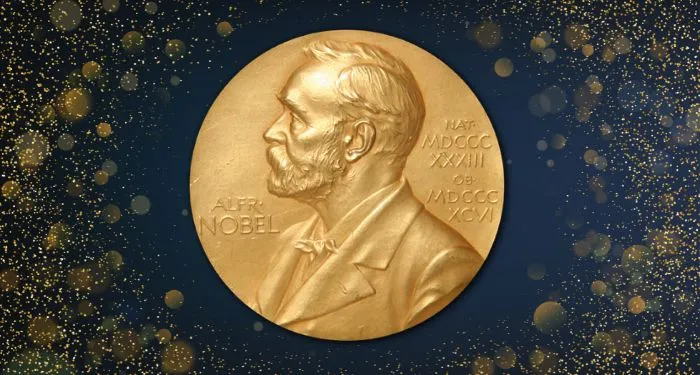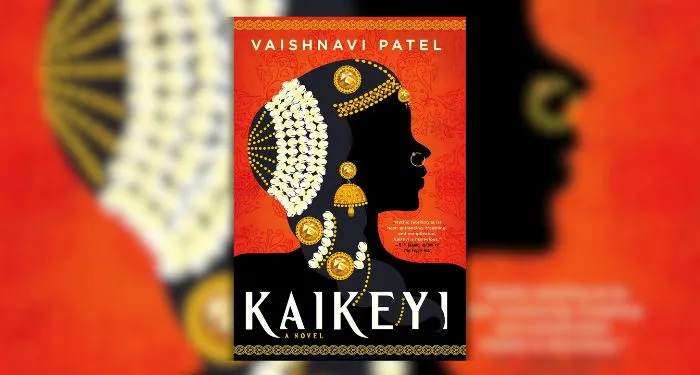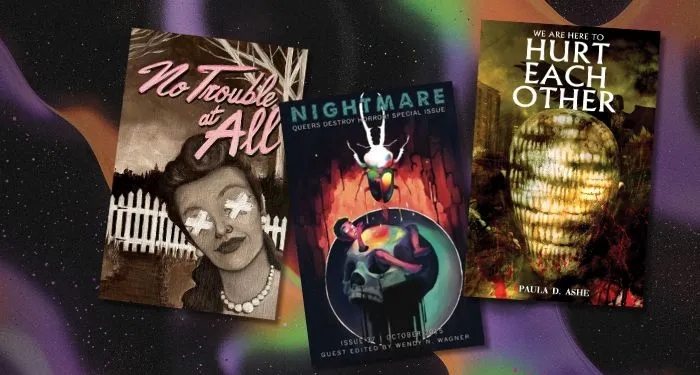S. Zainab would like to think she bleeds ink but the very idea makes her feel faint. She writes fantasy and horror, and is currently clutching a manuscript while groping in the dark. Find her on Twitter: @szainabwilliams.
Welcome to Today in Books, our daily round-up of literary headlines at the intersection of politics, culture, media, and more.
And the Nobel Prize in Literature Goes To…
Laszlo Krasznahorkai. “Who?” you ask. Krasznahorkai is a Hungarian writer known for writing dark, apocalyptic novels in a style that features, for instance, only one period and long run-on sentences. He’s a winner of the Man Booker International Prize and Susan Sontag called him a “master of the apocalypse.” His most recent novel translated to English is Herscht 07769. As the New York Times announcement points out, the Nobel in Literature doesn’t have a great track record when it comes to awarding the prize to writers who aren’t white men, and I’m hard pressed to feel anything about this year’s winner. Maybe it’s because I’ve never read Krasznahorkai and have bad memories of slogging through the run-on novel that is Ulysses (also critically acclaimed) and feel no inclination whatsoever to read hyper-stylized novels, but this news is feeling very “Go girl give us nothing.”
A Shortlist I Can Sink My Teeth Into
After passively reading the Nobel news, I perked up at the shortlist announcement for Canada’s Giller Prize. The Giller recognizes excellent works of Canadian fiction and awards a whopping $100,000 to the winner. The five books shortlisted for the award are: We Love You, Bunny by Mona Awad, The Tiger and the Cosmonaut by Eddy Boudel Tan (doesn’t look like this one’s available in the U.S. yet, but hopefully it will be), The Paris Express by Emma Donoghue, The Life Cycle of the Common Octopus by Emma Knight, and Pick a Colour by Souvankham Thammavongsa. I missed the train on Awad’s Bunny but it’s on my list and I’ll want to read that before getting to this year’s alternative perspective follow-up, and I have Pick a Colour on my reading list. I mean, a novel about a former boxer turned nail salon owner? I need to read this book. Congratulations to all the writers shortlisted!
Today In Books
Sign up to Today In Books to receive daily news and miscellany from the world of books.
Sorry, Swifties
I had to read this Defector article after a Book Riot contributor pulled a cringe-inducing passage about Taylor Swift’s misuse of Hamlet from it. If you spend any time on the internet, you probably know that Swift dropped a new album that fans are going full Dan Brown on. And I suppose you don’t have to put on your sleuthing hat to figure out how Swift arrived at her reading of the character Ophelia for the track, “The Fate of Ophelia,” but, ya basic. Here’s the passage from the Defector:
Swift admitted in a BBC radio interview with Greg James that she “didn’t really need to reread [Hamlet]. I wanted to sprinkle some references in the bridge, so like the the bridge references kind of some paraphrasing of some lines from Hamlet, so I did like do a little brushup. But I just love the idea that like, ‘You saved me from love driving me mad,’ right? ’Cause that’s what happened to Ophelia. Spoiler alert.”
So, I get it. I do believe most people who only know of Ophelia or have a surface level understanding of Hamlet chock up her death to simple heartbreak, not remembering or seeing how she’s used and abused by the men in her life who take advantage of the submissive young woman. As the Defector‘s Kelsey McKinney writes in her scathing review of the album, “Ophelia commits suicide because she has no agency in her own life, because she is being controlled by the men around her.” If I could give Swift a recommendation, it would be to don a convincing disguise and enjoy a Shakespeare in the Park performance of Hamlet. They’re fun, free, and informative.
Did Sci-Fi Get 2025 Right?
I remember talking about Parable of the Sower with my sister-in-law, a new parent at the time, and her admission that she DNFed it because she just could not. I thought it was too bad because it’s such an incredible, prescient book by one of my all-time favorite authors, but now that I’m also a parent I can’t imagine re-reading it, if only because of the raw horror elicited by that one scene involving the invasion and brutalizing of a once-insulated neighborhood. But also, especially now, it’s hard to face the bleak depiction of a 2025 that, in many ways, feels too close to home. Parable of the Sower is one of a handful of books Leah Rachel von Essen dissects to answer the question of whether sci-fi got Our Year of Horrors right. Read it here.
The comments section is moderated according to our community guidelines. Please check them out so we can maintain a safe and supportive community of readers!




















 English (US) ·
English (US) ·